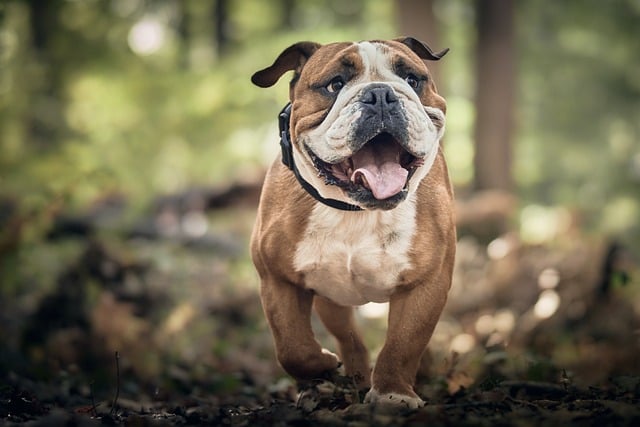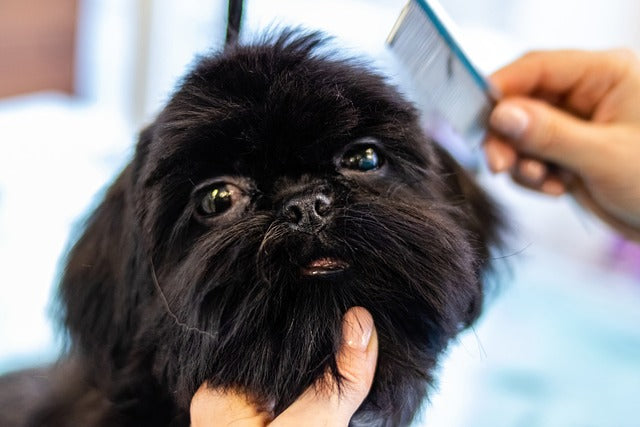






Essential Tips for Pet Coat Care
Taking care of your pet's coat is a crucial part of maintaining their overall health and comfort. A healthy coat not only enhances your pet's appearance but also plays a vital role in preventing skin diseases, parasites, and maintaining body temperature. Here are some comprehensive tips for caring for your pet's coat:
1. Daily Brushing
Daily brushing is one of the most important steps in caring for your pet's coat. It helps remove loose hair and prevent tangles, as well as distribute the natural oils produced by the skin throughout the coat, keeping it shiny and smooth. For long-haired dogs and cats, you may need to brush them twice a day to avoid matting.
2. Regular Bathing
Regular bathing with a pet-specific shampoo is essential for cleaning the coat and removing dirt and excess oils. However, it's important not to over-bathe as this can lead to dry skin and damaged fur. Consult your veterinarian to determine the appropriate bathing frequency for your pet based on their breed and individual needs.
3. Proper Nutrition
Proper nutrition plays a significant role in the health of your pet's coat. Ensure that their diet includes all necessary nutrients such as proteins, fatty acids (like Omega-3 and Omega-6), vitamins, and minerals. These elements help promote a healthy, strong coat and reduce shedding.
4. Parasite Control
Parasites like fleas and ticks can cause severe irritation to your pet's skin and coat. Use preventative parasite control products regularly and check your pet's coat frequently for any signs of parasites. If you find any, consult your veterinarian immediately for appropriate treatment.
5. Nail Care
Long nails can scratch the skin and coat during itching, causing infections and wounds. Trim your pet's nails regularly using appropriate tools, and avoid over-trimming to prevent pain and bleeding.
6. Skin Care
Regularly inspect your pet's skin for any signs of health issues such as wounds, infections, or rashes. If you notice any abnormal changes, consult your veterinarian immediately.
7. Clean Environment
Maintain a clean environment for your pet, including their bedding and play area. Dirt and germs in the environment can contribute to poor coat health. Clean the area regularly and change bedding and covers frequently.
8. Internal Hydration
Ensuring your pet drinks enough water is crucial for keeping their skin and coat hydrated. This helps prevent dryness and cracking, especially in hot and dry seasons.
9. Regular Vet Visits
Regular visits to the veterinarian are essential for early detection of any health issues related to your pet's coat. Your vet can provide you with personalized advice based on your pet's coat type and overall health.
10. Avoid Harmful Chemicals
Avoid using harsh chemicals such as insecticides or household cleaners on your pet's coat. These can cause irritation and dryness. Use only safe, pet-specific products.
Conclusion
Caring for your pet's coat is not just a duty but an expression of love and concern for their health and comfort. Following these tips will help you maintain a healthy and shiny coat for your pet, enhancing their quality of life and making them feel happy and comfortable. Don’t hesitate to consult your veterinarian for tailored advice and guidance for your pet’s specific needs.
